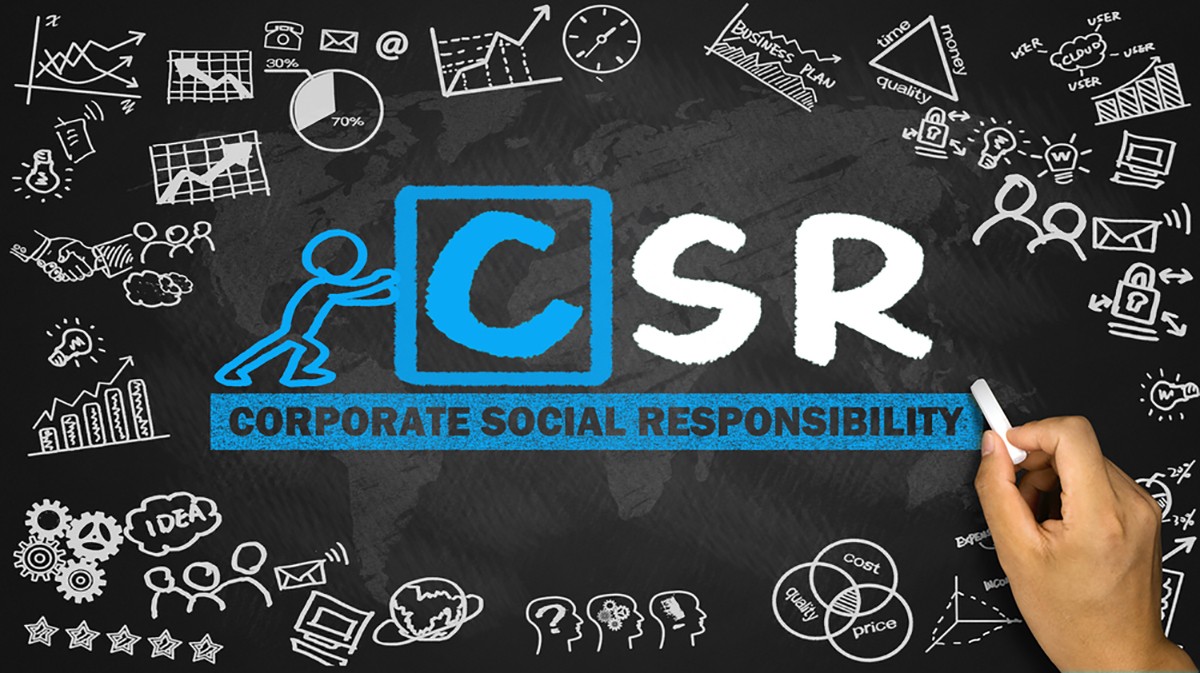It’s no surprise that public trust in corporations, along with government and faith institutions, seems to be at an all-time low. According to the Reputation Institute’s 2012 Corporate Social Responsibility RepTrak 100 Study, only 17% of respondents trust what companies promise in their marketing. What’s more, a mere 6% perceive the top 100 companies as good corporate citizens. That’s one reason why so many major companies make reputation management and Corporate Social Responsibility a priority.
Microsoft has the best reputation for CSR in the world, according to the study, followed by Google, The Walt Disney Co., BMW, Apple, Daimler, VW, SONY, LEGO and Colgate-Palmolive. But what about a more typical company? How do corporations who do not happen to be globally recognized brands make CSR work for them?
Look for a strategic fit. The best CSR campaigns are intuitive to the companies or groups who underwrite them. Often a corporate CEO or other executive has a personal or pet project and somehow it snowballs into a CSR commitment. But it’s far better to analyze your corporate values and focus in on a strategic bullseye. Tide sending a mobile fleet of washers and dryers to disaster-hit areas makes perfect sense. KFC supporting the Komen Foundation? Maybe not.
Get buy-in at the top. A successful CSR program usually needs more strategic heft than an executive hobby or pet project, but it stands a far greater chance of surviving if the C-suite champions it. Buy-in should start there, and be vigorously reinforced. Look at Starbucks CEO Howard Schulz, who personally gets behind its corporate social programs.
Make it horizontal. Any corporate social responsibility campaign will be longer lived and more powerful if it transcends corporate communications. Take a cue from Microsoft, which describes its CSR commitment as a horizontal function, not a series of vertical tasks. In fact, Microsoft’s Dan Bross explains that it has the added benefits of breaking down silos.
Start small. A new CSR campaign can die from ambition. It’s far better to start with a manageable program, say, in a local market, or even a pilot effort, before rolling out a larger campaign.
Take the long view. Many companies, by design or due to corporate executive changes, alter their programming in a CSR flavor-of-the-month strategy. That’s a mistake. It typically takes years for a social commitment to fully penetrate key constituencies and become linked with your brand. Let it happen naturally and organically, but with some help from good PR practices.
